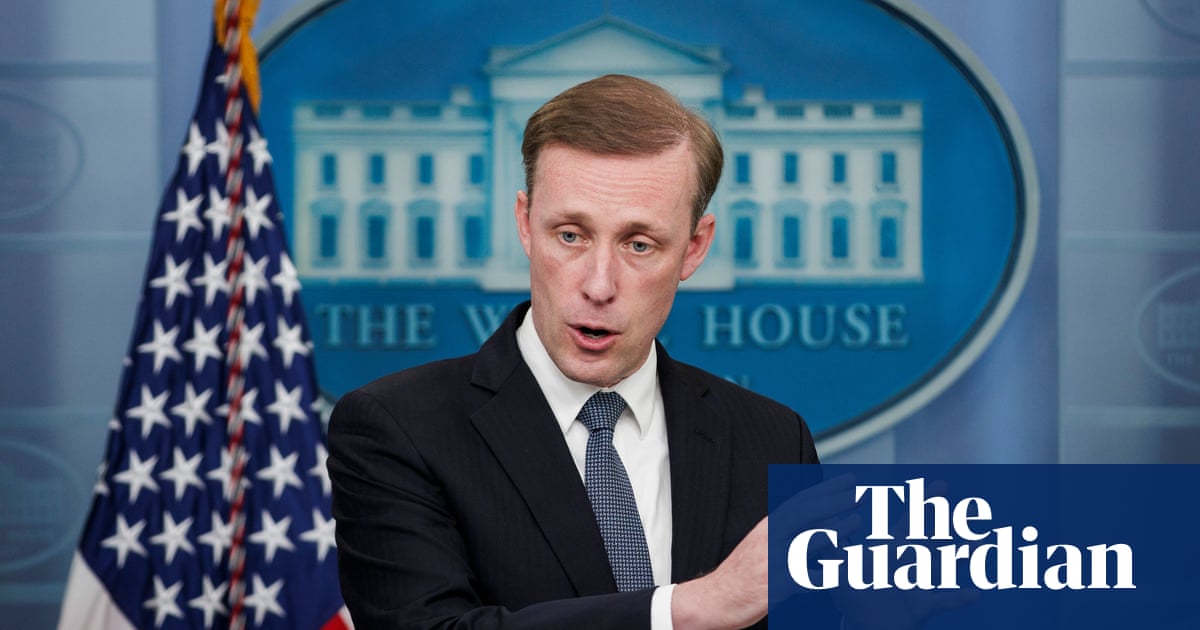
The government has been accused of ignoring the plight of millions of parents struggling with “inadequate” parental leave policies, while finding solutions for its own ministers.
Trade unions, campaigners and business leaders have called for a “radical overhaul” of parenting policy in the UK, arguing that current parental leave provision is discriminatory and fails to help the poorest in society.
The government announced plans to change the law to give cabinet ministers six months’ maternity leave on Thursday, in order to allow the attorney general, Suella Braverman, to keep her post after having her baby, but faced a backlash as it emerged that backbench MPs would be denied similar rights.
On Friday Frances O’Grady, general secretary of the Trades Union Congress (TUC) said parents across the UK, particularly mothers, were carrying the burden of the government’s failed policies.
“The UK’s parental leave system is not fit for purpose, genuine flexible working is still unavailable to millions and quality childcare is hard to find and unaffordable for many,” she said.
With the UK at the point of rebuilding its economy for a post-Covid world, ministers had to urgently strengthen rights and support for working parents or women’s equality could go into reverse, she added.
TUC research found that the level of paid maternity leave for employed women in the UK (six weeks at 90% of average weekly earnings, 33 weeks at £151.20) is one of the lowest in Europe, ranking 22 out of 24 among European countries. Additionally, one in four fathers don’t qualify for two weeks’ paternity leave, paid at £151.20. Mothers who are on zero-hours contracts, self-employed or unemployed receive maternity allowance of £151.20 a week for 39 weeks; there is no equivalent for their partners.
Only around three in seven families are eligible for shared parental leave (a policy introduced by the coalition government in 2015) and of those only about 1% to 4% have shared any leave at all, said Ros Bragg, director of Maternity Action.
“We know that many pregnant women and new mothers have lost their jobs in the recession and many more are at significant risk,” she said. “It’s particularly important that women are not compelled to take leave for the entirety of a child’s first year purely because the system is so poorly designed.”
But the government’s move to protect the job of its attorney general could be positive for millions of struggling parents, said Adrienne Burgess of the Fatherhood Institute. “I think the government is holding itself hostage to fortune – if it is going to push this through, how can they argue against reforming the parental leave system?” she said.
Research has shown that women bore the brunt of extra childcare during the initial coronavirus lockdown and are being disproportionately affected by the economic fallout but there has also been a narrowing of the gender care gap, and an increase in the number of hours men are spending with their children.
Campaigners including the TUC, the Fawcett Society, Working Families, the Fatherhood Institute and Maternity Action have called for non-transferable parental leave for fathers, a policy that has been taken up about 90% of the time in Sweden and Iceland.
Catherine Gregory from Working Families said: “If the government is serious about improving parental leave for everyone – and not just a single cabinet minister – they should take action to improve leave entitlements for fathers and partners.”
Some companies are already pushing ahead. Aviva offers six months’ paid leave for all parents, while Zurich recently saw a 20% increase in the number of female candidates applying for senior roles after offering flexible working for all jobs.
Real change also requires a cultural shift, said Ann Francke, chief executive of the Chartered Management Institute, who also called for “a complete overhaul” of parenting policies post Covid. “A culture that respects an employee’s home demands and allows flexible working will go a long way towards boosting both trust and productivity,” she said.
Sian Elliott, women’s equality policy officer at the TUC, said the government needed to make good on its promise to make flexible working the default, and provide affordable childcare to prevent women leaving the workforce.
“The rest of the country needs the exact same measures as government ministers,” she said.
A Department for Business, Energy and Industrial Strategy spokesperson said the UK’s parental leave arrangements were “generous and flexible” and more generous than the EU requirement for 14 weeks of paid leave.
“Our shared parental leave provision gives parents the choice and flexibility to combine work and childcare in a way that suits them and, as set out in our manifesto, the government is committed to making it easier for fathers to take paternity leave.”












